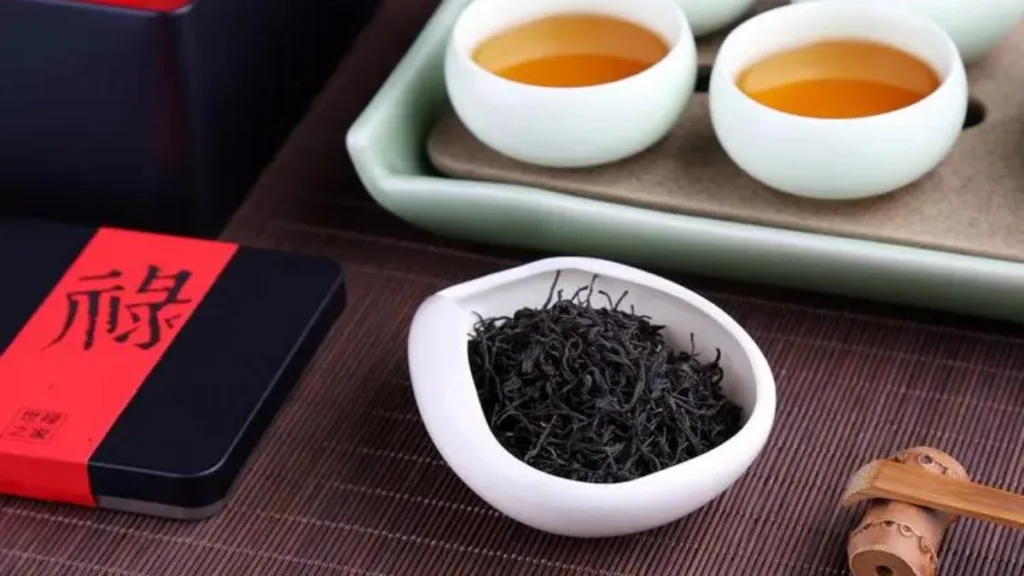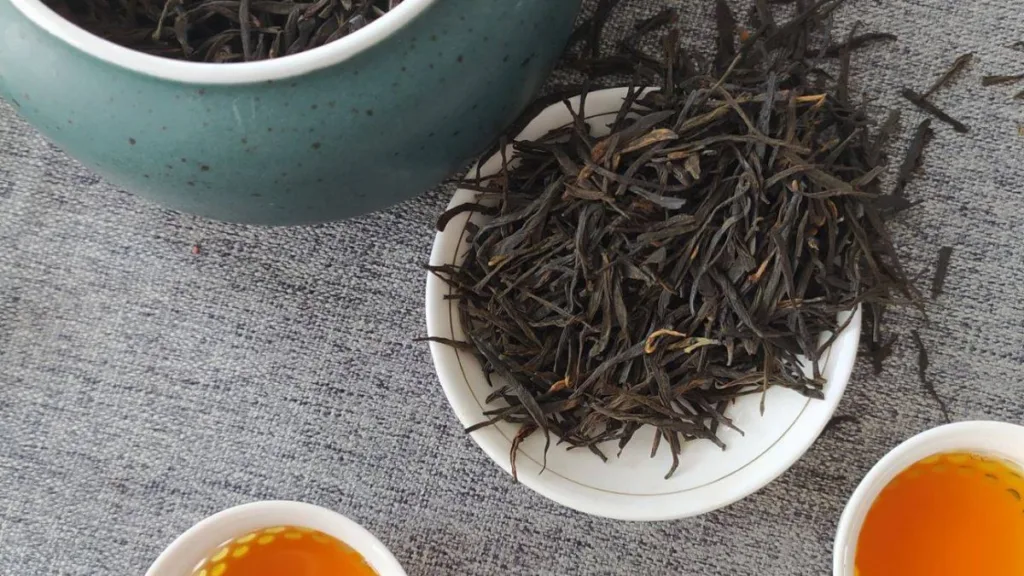The question of whether black tea affects our digestion is a common concern, prompting us to delve into a detailed analysis today. By exploring the current research, we aim to shed light on how black tea may influence our digestive system and provide insights that can assist a broader audience.
Effects of Black Tea on Digestion:
- Improvement of Gut Microbiota: Black tea contains substances like theaflavins that can inhibit the growth of harmful intestinal bacteria while promoting the proliferation of beneficial bacteria, such as lactobacilli. Clinical studies suggest that moderate consumption of black tea may help alleviate abdominal pain, diarrhea, and other gastrointestinal-related issues.
- Regulation of Digestive Absorption: Research indicates that the caffeine in black tea can bind with organic acids or inorganic salts in the intestines, promoting gastrointestinal motility and enhancing the processes of digestion and absorption.
- Protection of Gastrointestinal Mucosa: Compounds like caffeine found in black tea might stimulate the gastrointestinal mucosa. However, the caffeine in black tea forms complexes with polyphenols, which can mitigate the irritation to the gastrointestinal mucosa, preventing mucosal atrophy. Additionally, extracts from black tea can alleviate gastric acid secretion and regulate digestive enzyme activity, contributing to the protection of the gastric mucosa against ulcers.
Therefore, moderate consumption of black tea may offer potential benefits to gastrointestinal health. However, it is essential to note that the supportive effects of black tea are relatively mild. For individuals already experiencing related symptoms, timely medical consultation is recommended.
Factors Contributing to Bloated Feeling After Drinking Black Tea:
- Heat Nature of Black Tea: The warmth and heat nature of black tea may not be suitable for individuals with heat accumulation in the stomach or liver-gastric heat, potentially exacerbating the body’s internal dryness and leading to bloating. Recommending cooler tea options like green tea or chrysanthemum tea can help balance the body’s overall warmth.
- Excessive Consumption and Caffeine Sensitivity: Excessive intake of black tea, especially for those sensitive to caffeine, can neutralize stomach acid, resulting in incomplete food digestion and abdominal bloating. The caffeine in black tea may also stimulate the sympathetic nervous system, causing bloating in susceptible individuals.
- Potential Allergic Reactions: Some individuals may be allergic to certain components in black tea, leading to bloating as a symptom. This is more likely if there is an intolerance or sensitivity to specific substances found in black tea.
In conclusion, the impact of black tea on digestion is multifaceted, encompassing positive effects on gut microbiota and digestive processes. However, individual responses may vary, and factors like heat nature, caffeine sensitivity, and potential allergies should be considered. Moderation in black tea consumption, along with a diverse and balanced diet, is crucial for optimizing digestive health. If bloating persists or worsens, seeking professional medical advice is advisable for a comprehensive assessment and personalized recommendations.



